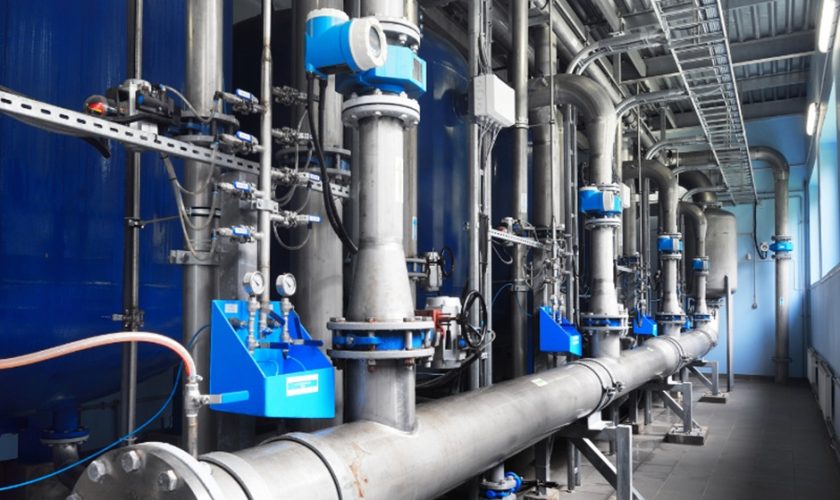In recent years, there has been a growing interest in gardening and sustainable living, with many individuals turning to homegrown vegetables as a way to improve their health and lifestyle. Growing your own vegetables offers numerous benefits, not just for your body but also for your environment and wallet. Whether you have a sprawling backyard or a small balcony, cultivating vegetables at home can lead to significant rewards. Let’s dive into some of the key benefits of homegrown vegetables and why more people are embracing this age-old practice.
1. Healthier and More Nutritious
One of the most compelling reasons to grow your own vegetables is the health benefits. Homegrown vegetables are often more nutritious than store-bought produce. This is because many commercial farms focus on growing crops that can withstand long transportation times and have a longer shelf life, often compromising their nutritional value.
Additionally, you have complete control over what goes into your plants. By avoiding harmful pesticides, synthetic fertilizers, and genetically modified organisms (GMOs), you ensure that the vegetables you consume are free from chemicals and other harmful substances. This results in a healthier, more natural diet that can improve your overall well-being.
2. Tastier and Fresher Produce
Anyone who has grown their own tomatoes, carrots, or herbs will tell you that homegrown vegetables taste significantly better than their supermarket counterparts. This is largely due to freshness. Vegetables grown at home are typically picked right before they are eaten, allowing them to retain their natural flavors and nutrients. In contrast, commercially grown vegetables are often harvested prematurely to withstand shipping, which can affect their taste and texture.
When you grow vegetables at home, you also have the option to experiment with heirloom varieties that may not be available in stores. Heirloom vegetables are known for their superior flavor and unique characteristics, offering a tastier and more diverse selection than what you might find in your local supermarket. With reliable Mr Stacky company’s vertical gardening system, even those with limited space can easily grow a variety of homegrown vegetables.
3. Environmental Benefits
Homegrown vegetables have a lower environmental footprint compared to store-bought produce. Large-scale agricultural practices often rely heavily on synthetic pesticides, fertilizers, and fossil fuels for transportation, all of which contribute to environmental degradation. Growing your own vegetables reduces the need for these harmful practices.
By cultivating your own garden, you also contribute to reducing food miles, the distance food travels from farm to plate. The closer your food is grown, the fewer resources are required to transport and store it. This helps decrease greenhouse gas emissions and reduces the strain on natural ecosystems.
4. Cost Savings
The potential financial savings from home vegetable gardening is another important advantage. Although the cost of seeds, soil, and gardening supplies is initially higher, there may be significant long-term savings. A small packet of seeds can yield a bountiful harvest that far outweighs the price of store-bought vegetables. Over time, as your garden becomes more established, the ongoing costs will decrease, and you may even find yourself with surplus produce to share or preserve for later use.
Additionally, growing your own food reduces the need for frequent trips to the grocery store, which can save you both time and money. By growing high-yield crops like tomatoes, zucchini, and lettuce, you can make a significant dent in your grocery bill. Despite common gardening myths, growing your own vegetables is simpler than many people think, especially with the right tools and knowledge.
5. Physical and Mental Health Benefits
Gardening is not just good for your body; it’s also great for your mind. The physical activity involved in planting, weeding, and harvesting vegetables can be a great form of exercise, helping you stay active and fit. Gardening engages various muscle groups and can be particularly beneficial for improving strength, flexibility, and endurance.
Beyond the physical benefits, gardening also offers mental health advantages. Spending time outdoors in nature has been shown to reduce stress, anxiety, and depression. The simple act of tending to plants can be a meditative experience, allowing you to slow down and focus on the present moment. For many, gardening becomes a therapeutic hobby that provides a sense of accomplishment and purpose.
The benefits of homegrown vegetables are vast, ranging from improved health and superior taste to environmental sustainability and cost savings. Whether you’re looking to live a more sustainable lifestyle, improve your diet, or simply enjoy a rewarding hobby, growing your own vegetables is an enriching experience that offers countless rewards. Even with limited space and resources, anyone can start a garden and reap the benefits of fresh, homegrown produce.


















